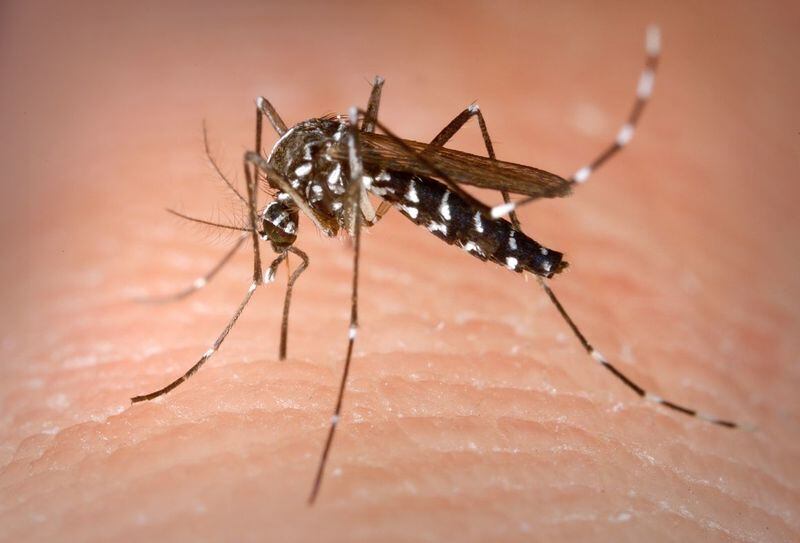The Lake County Health Department and Community Health Center is reporting the first human case of neuroinvasive West Nile virus in Lake County for 2025. A Lake County resident in their 70s became ill in early July, authorities said.
“Our time spent outdoors typically increases during the summer months, which also increases our exposure to mosquitoes,” said Chris Hoff, executive director of the Lake County Health Department and Community Health Center. “Remember to take steps to protect yourself and your family from mosquitoes to reduce your risk of getting West Nile virus.”
So far in 2025, nine out of 214 batches of mosquitoes have tested positive for West Nile virus. West Nile virus typically peaks during the late summer, usually from July through September when the mosquito population is at its peak.
Follow the “4 Ds of Defense” to protect yourself and your family from mosquitoes:
Drain: Drain standing water from items around your home, yard, and business.
Defend: When outdoors, use an EPA-approved insect repellent containing DEET, picaridin, oil of lemon eucalyptus, 2-undecanone, or IR3535 and reapply according to label directions.
Dawn to Dusk: Protect yourself all day and night, and wear repellent outdoors during these prime times for mosquito activity.
Dress: Wear long sleeves, pants, and closed toe shoes when outdoors to cover your skin.
Most people infected with West Nile virus have no symptoms of illness. However, some may become ill usually three to 15 days after the bite of an infected mosquito. These symptoms include fever, nausea, headache, and muscle aches. In rare cases, the virus can affect the brain or spinal cord (e.g., encephalitis or meningitis), leading to serious neurological symptoms such as stiff neck, confusion, sudden weakness or numbness on one side of the body, trouble walking, or even death. People older than 60 years and individuals with weakened immune systems and/or multiple medical conditions are at higher risk for severe illness from West Nile virus.
Find more prevention tips and information on West Nile virus at www.FightTheBiteNow.com. Residents can also call the Health Department’s West Nile hotline to report areas of stagnant water, report locations of dead birds, and obtain more information on the signs and symptoms of West Nile virus. The West Nile hotline number is 847-377-8300.

:quality(70)/s3.amazonaws.com/arc-authors/shawmedia/b945ae41-e0fd-42fd-805a-feca8401d740.png)